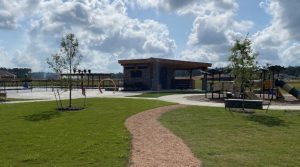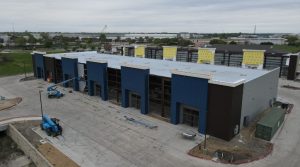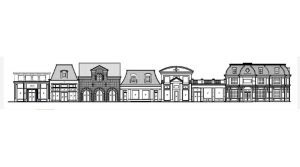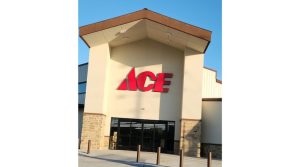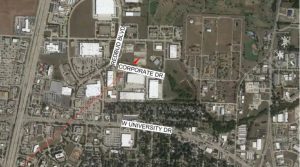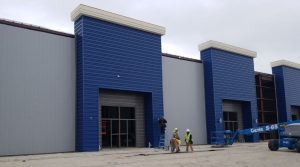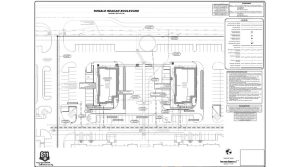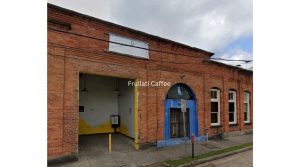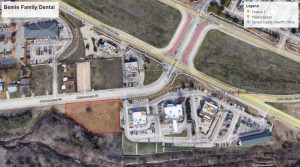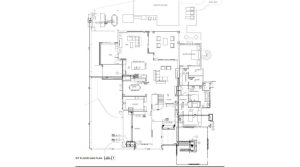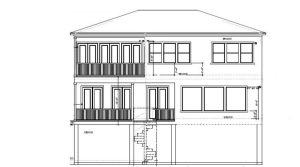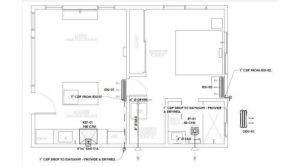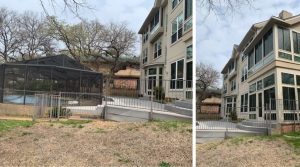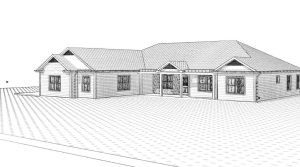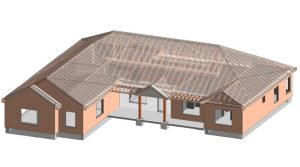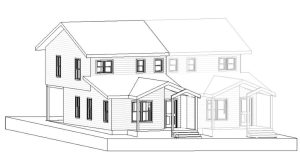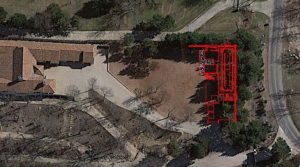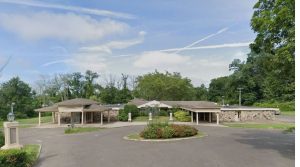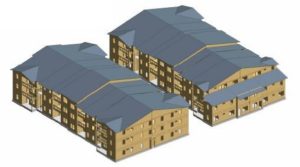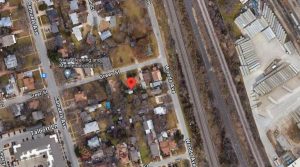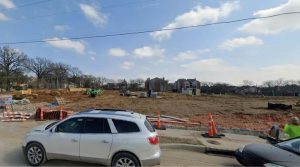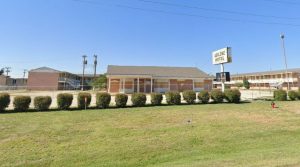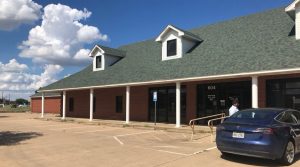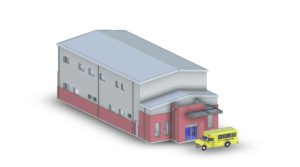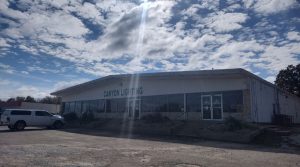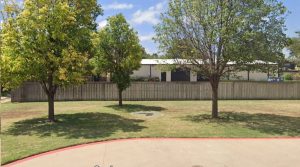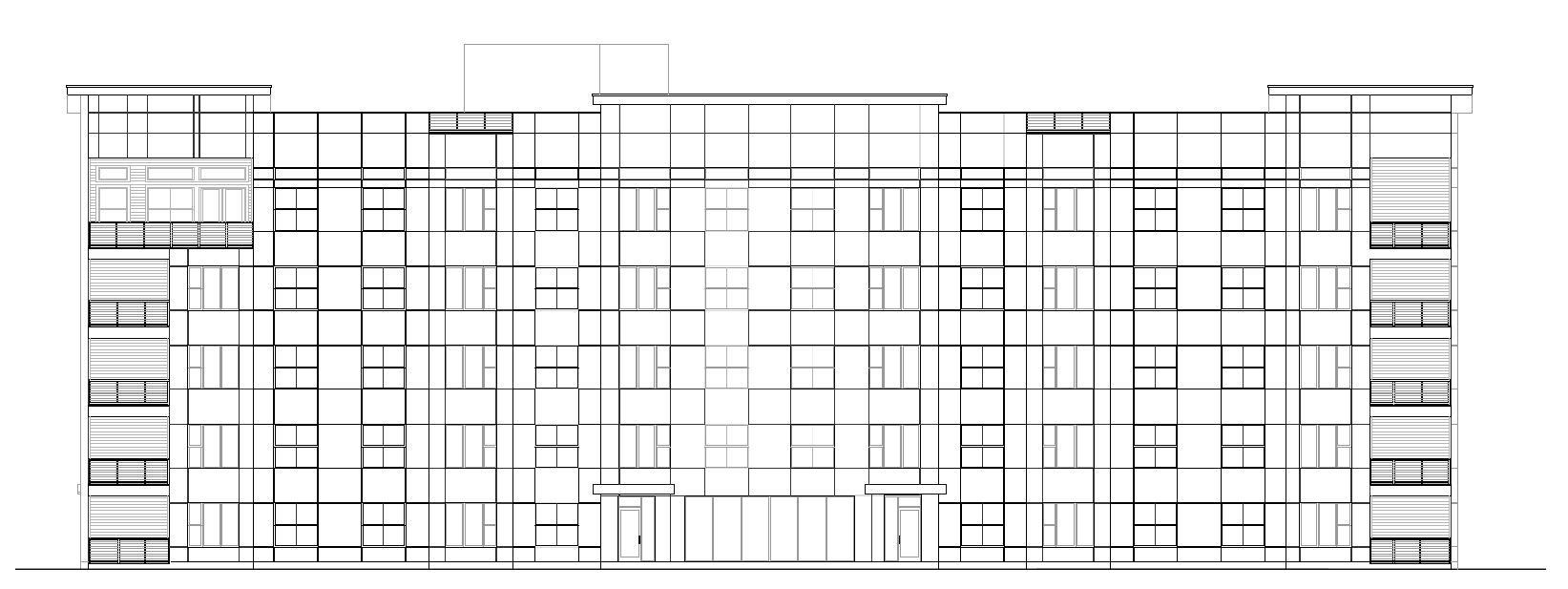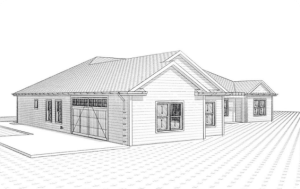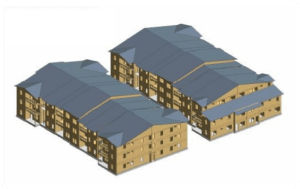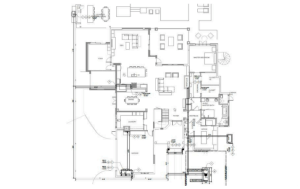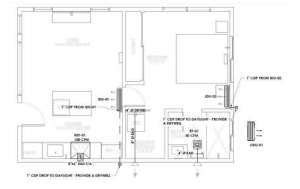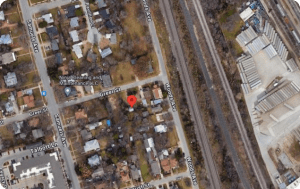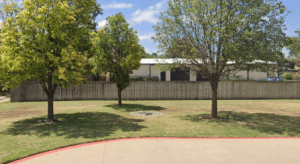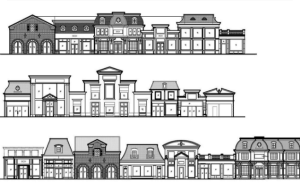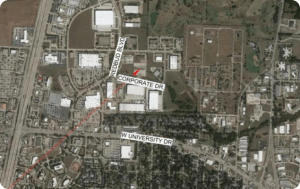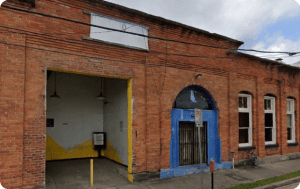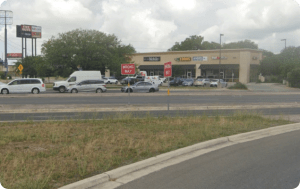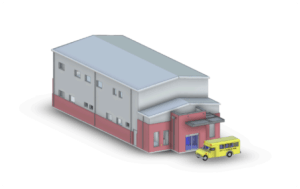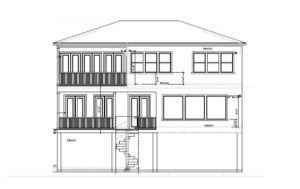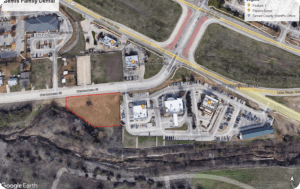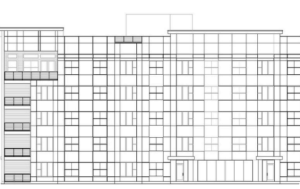Texas-Specific Structural Inspections: Ensuring Safety in the Unique Environment
1. Why Structural Reviews Are Essential in Extreme Climates
In the vast and diverse landscape of Texas, structural inspection standards in Texas are essential to ensuring the safety and integrity of buildings. With its unique environment ranging from coastal regions to arid deserts, Texas poses specific challenges that require specialized expertise in structural inspections.
One of the primary reasons why structural inspections are of utmost importance in Texas is its vulnerability to extreme weather conditions. From hurricanes along the Gulf Coast to tornadoes sweeping through the plains, the state experiences a wide range of severe weather events. These events can subject buildings to significant stress and potential damage. Structural inspections help identify any weaknesses or vulnerabilities in the building’s design or construction that could compromise its ability to withstand such weather events.
Moreover, Texas is also prone to geological hazards, such as sinkholes, expansive soils, and seismic activity. These factors can have a profound impact on the stability and safety of structures. Structural inspections take into account these unique geological conditions, assessing the foundation, soil composition, and structural elements to ensure they meet the necessary safety standards.
2. Common issues found in Texas properties
Texas presents a variety of challenges when it comes to property inspections. As a homeowner or buyer, it’s essential to recognize the common structural problems found across the state.
Foundation Problems Due to Expansive Soils
A major issue is foundation damage caused by expansive clay soils. These soils shift with changes in moisture, leading to cracks, uneven floors, and structural instability. Hiring a qualified professional to inspect the foundation helps detect issues early and avoid costly repairs.
Roof Damage from Harsh Weather
Extreme Texas weather brings temperature swings, high winds, and heavy rains. These factors often damage roofs, cause leaks, or weaken structural elements. Routine roof inspections and maintenance are vital for preserving the property’s integrity.
3. How to Choose the Right Inspector for Your Needs
When it comes to ensuring the safety of structures in Texas, hiring a qualified structural inspector is of utmost importance. Texas has its own unique environment and specific building codes and regulations that must be adhered to in order to guarantee the structural integrity of buildings.
A qualified structural inspector in Texas should possess the necessary knowledge and expertise to assess and evaluate the various factors that can impact the safety of a structure in this particular environment. They should be well-versed in Texas building codes, seismic considerations, soil conditions, and other regional factors that can affect the stability and durability of a building.
When hiring a structural inspector in Texas, it is crucial to consider their experience and qualifications. Look for inspectors who are licensed and certified by recognized organizations such as the Texas Board of Professional Engineers or the Texas Department of Licensing and Regulation. These certifications ensure that the inspector has met the required standards and has the necessary skills to carry out thorough inspections.
4. What to Check for During Building Evaluations
Texas’s environment demands a closer look at specific structural elements.
Foundation Evaluation
Expansive clay soils pose a major risk. Inspectors must look for signs such as cracks, shifting walls, or uneven flooring.
Roof Assessment
The roof takes a beating from hailstorms, heat, and wind. Inspections should check for missing shingles, damaged flashing, and clogged gutters to ensure long-term protection.
5. Navigating building codes and regulations in Texas
Understanding Texas building codes is vital for safe construction or renovation. These codes address the state’s harsh weather and geological risks.
State and Local Requirements
Texas mandates compliance with codes governed by TDLR and local municipalities. These cover structure, plumbing, electrical systems, and fire safety. Failing to comply may lead to delays or fines.
6. Case studies: Examples of structural issues found in Texas properties
Let’s explore common structural issues through real-world examples.
Case Study 1: Foundation Shift
A home in Central Texas developed wall cracks and uneven flooring due to soil expansion. Timely inspections led to foundation repairs that prevented further damage.
Case Study 2: Roof Damage
After a hailstorm in North Texas, a homeowner discovered missing shingles and roof leaks. Regular inspections allowed for quick repairs, avoiding costly interior damage.
7. Maintenance Tips for Long-Lasting Structural Integrity
Proactive maintenance can prevent costly repairs and structural failures.
1. Monitor the Foundation
Check for cracks or sticking doors and windows. Call a foundation expert at the first sign of trouble.
2. Inspect the Roof Annually
Texas weather can deteriorate roofing fast. Schedule inspections after storms or at least once a year.
3. Practice Pest Control
Termites and rodents can cause structural damage. Use preventive pest control and inspect for signs of infestation.
4. Improve Drainage
Ensure gutters, downspouts, and landscape grading keep water away from the foundation. This prevents erosion and flooding.
5. Schedule Regular Inspections
Have structural professionals assess your home every few years. Catching problems early can save money and ensure safety.
8. Conclusion: Ensuring safety and peace of mind in the Texas environment
Structural inspections tailored to Texas conditions are a smart investment. They address local risks such as extreme weather, unstable soil, and building code complexities. By prioritizing regular inspections and maintenance, homeowners protect both their property and their peace of mind.


